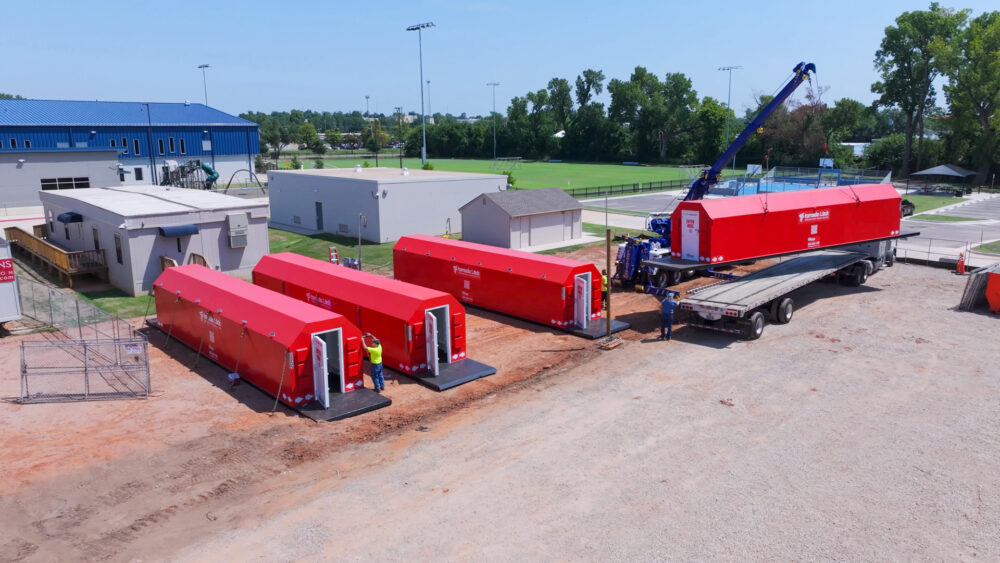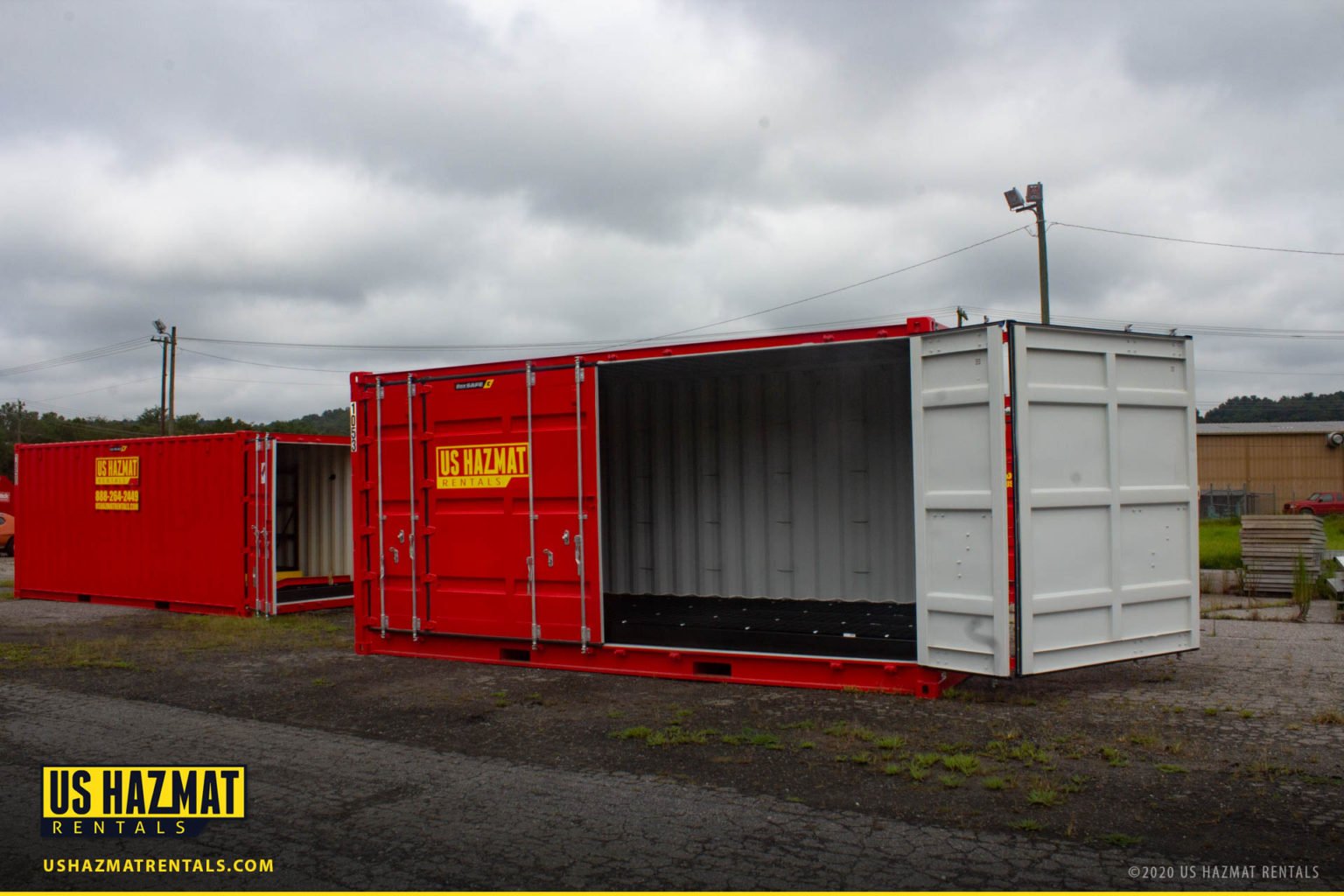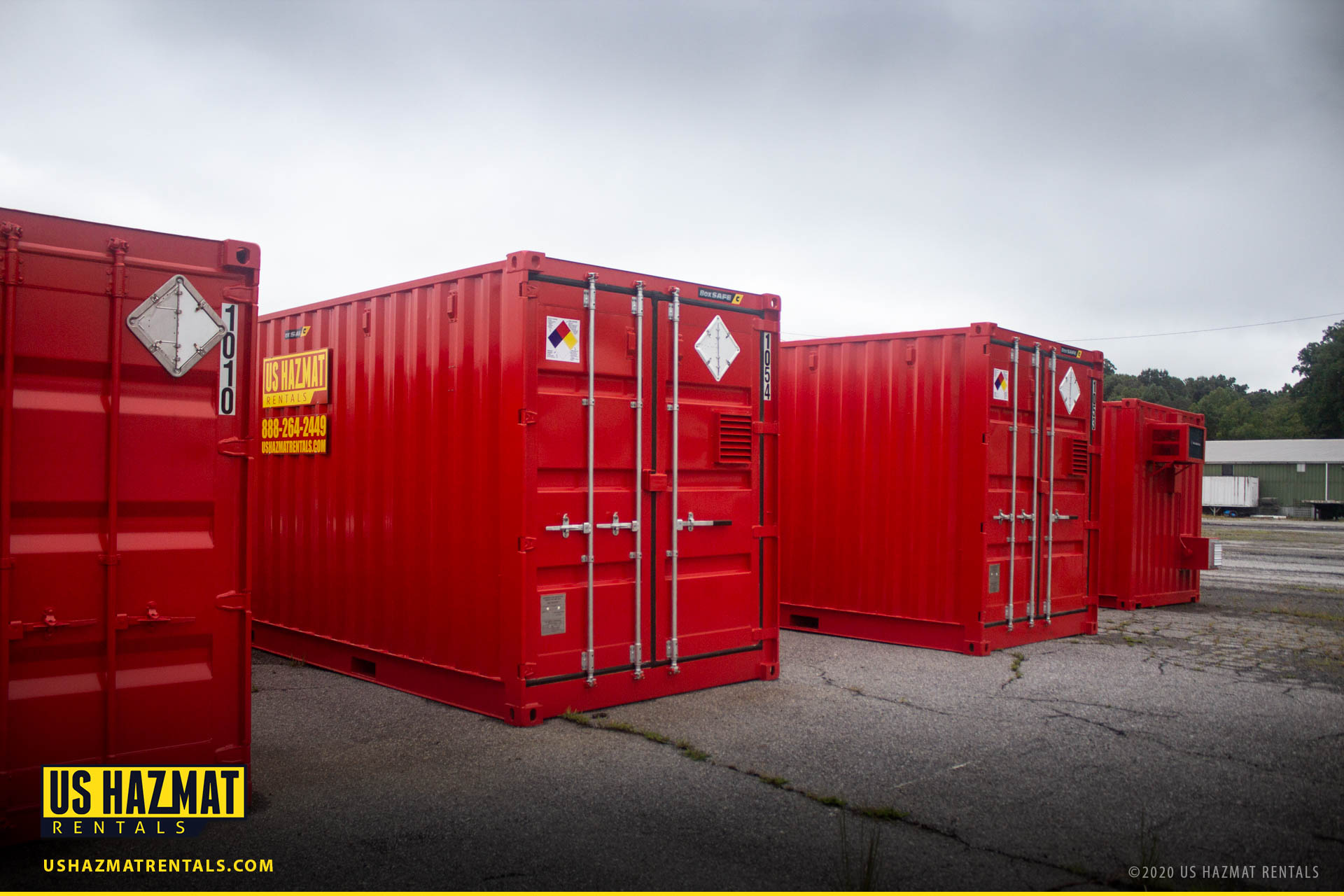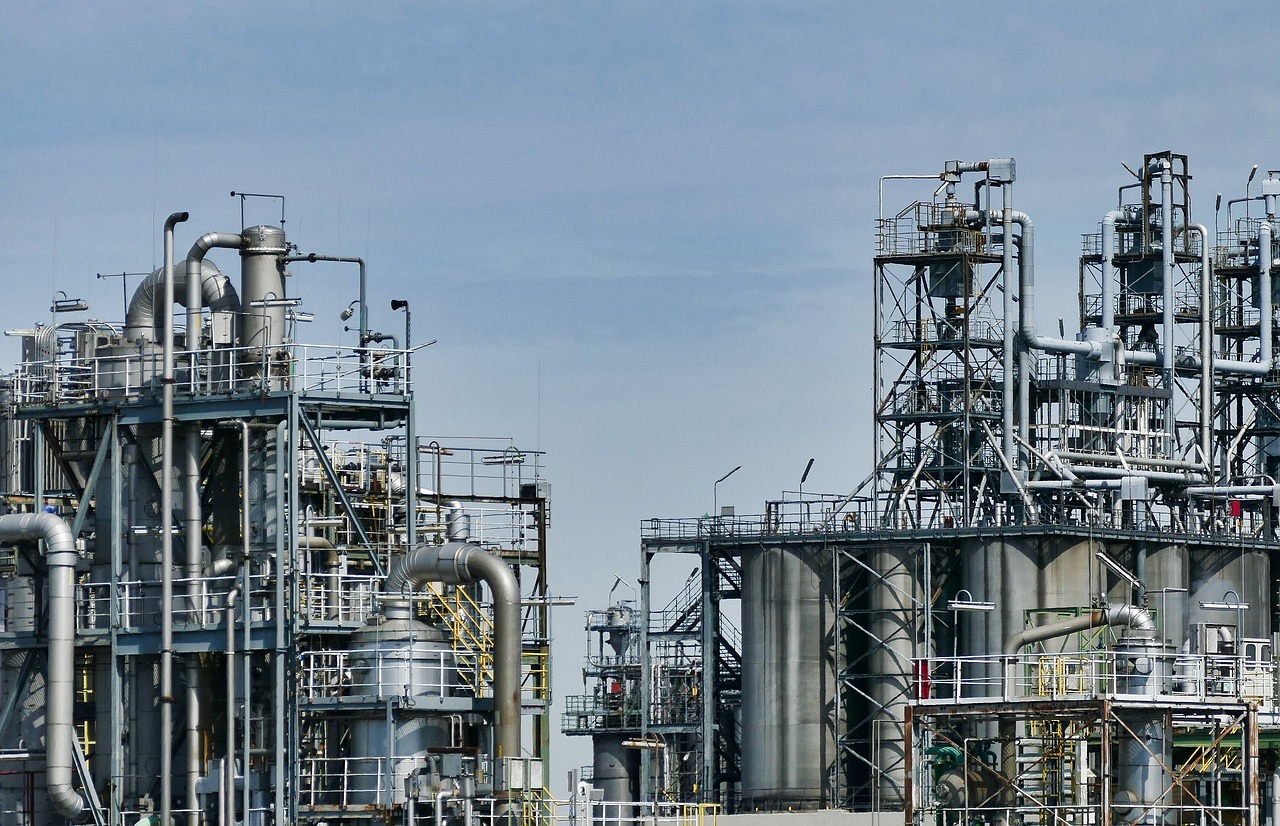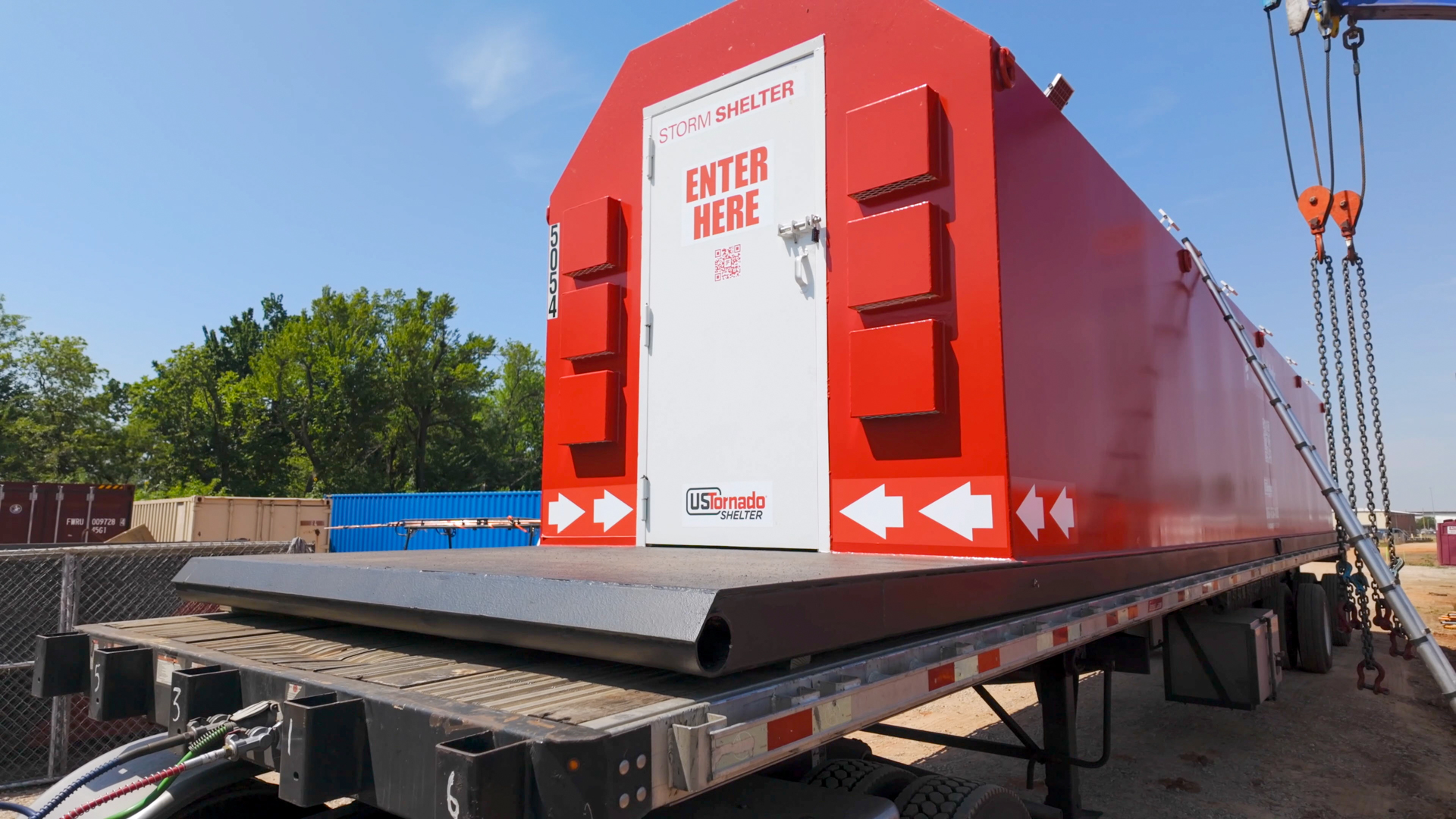Schoolhouse Tornado Shelters
Five tornadoes, including three in Oklahoma City alone, damaged several homes and businesses Sunday. Southeast Oklahoma City sustained the most extensive damages, with one funnel cloud coming perilously close to an elementary school. Although students and staff were never under threat, as the storm moved through the region before classes began Monday morning, the growing…
Details